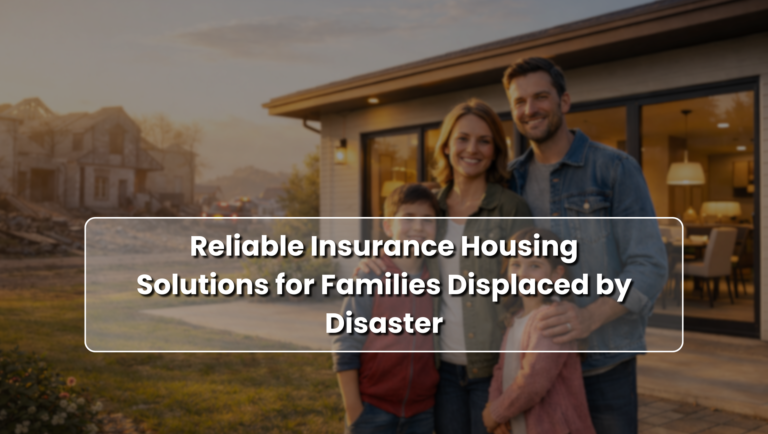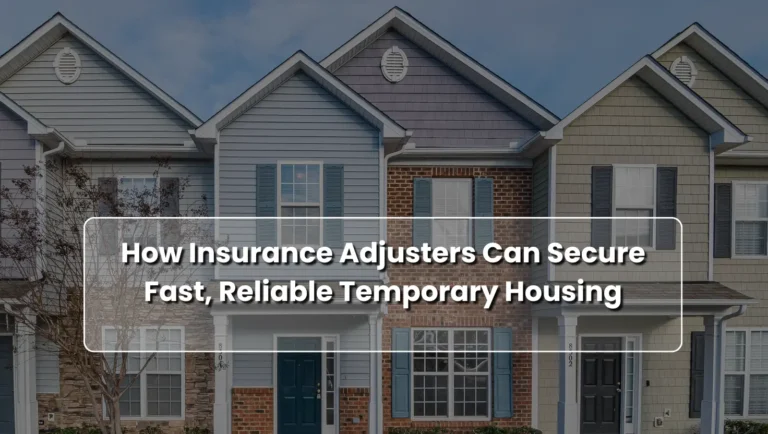Everything Changed When LA Started Burning
Nobody talks about this enough, but California’s insurance system basically imploded in January. Not gradually over months or years like experts predicted, but almost overnight when the LA fires hit.
The FAIR Plan – which is supposed to be California’s safety net for people who can’t get regular insurance – suddenly found itself staring at claims it couldn’t pay. So they did something they haven’t done since George H.W. Bush was president. They billed every insurance company in the state $1 billion to cover the damage.
That money doesn’t just disappear into thin air. It gets passed along to every homeowner in California through higher premiums, whether you live next to a forest or in downtown San Francisco.
But here’s what really caught my attention in all this chaos. USC did some research on who got hurt the worst during displacement, and the results were pretty telling. About one-third of people who already had sketchy housing situations got slammed with damage, displacement, or lost utilities. Compare that to just 25% of folks who had their housing situation locked down before the fires hit.
Makes you wonder if there’s something to be said for having your backup plan figured out before you need it.
What Most People Get Wrong About Temporary Housing
Walk into any coffee shop in California right now and you’ll hear someone complaining about insurance companies. Fair enough as they’re not exactly winning popularity contests these days. But most people completely misunderstand how temporary housing works when you’re dealing with a claim.
Your insurance policy includes something called Additional Living Expenses coverage, though the state’s own website explains it better than most insurance agents do. ALE kicks in when your house becomes unlivable and covers extra costs like temporary housing, eating out more because you don’t have a kitchen, moving expenses, even furniture rental if you need it.
Here’s the kicker though. You pay first, then get reimbursed later. This is why choosing the right insurance housing solutions becomes critical for families dealing with displacement.
California’s been burning consistently for years now. Official records show nearly 95,000 wildfires destroyed over 36,000 homes in the past decade. This isn’t some temporary problem that’s going to fix itself.
Why Location Actually Matters More Than You Think
Avoiding the Disaster Tax
Ever notice how prices magically increase after disasters? Hotels that charged $89 a night suddenly want $200. Rental properties that sat empty for months become “premium emergency housing” at triple the normal rate.
LA area rents shot up 20% after the recent fires. Some landlords literally kicked out existing tenants to cash in on desperate displaced families willing to pay anything for a roof.
Visalia sits far enough from disaster zones to avoid this price manipulation while staying close enough about 30 minutes from Fresno to access major California cities when you need to deal with contractors, insurance adjusters, or salvage operations at your damaged property.
The Furniture Rental Trap Nobody Warns You About
This one surprises everyone. Rent basic furniture for an unfurnished apartment and you’re looking at $800 to $1,500 per month. Multiply that by 18 months (which is how long rebuilding actually takes, not the six months people hope for) and you’ve blown through $15,000 to $25,000 of your ALE coverage just on furniture.
Furnished properties come with everything already there. Couches, beds, kitchen stuff, even linens and dishes. Your insurance money goes toward actual housing instead of renting someone else’s old furniture. This makes furnished rentals for insurance claims a smarter financial strategy than unfurnished alternatives.
Space for Families to Actually Live
Hotel rooms work fine for vacation. Try living in one with kids for eight months while dealing with insurance paperwork and contractor calls. It’s a recipe for family meltdowns.
Vacation rentals give families what they actually need during displacement. Separate bedrooms so everyone gets some privacy. Full kitchens where you can cook normal meals instead of surviving on takeout. Living rooms where kids can spread out homework and parents can take important calls without background noise from neighboring rooms.
Long-Term Thinking for Long-Term Problems
California law says insurance companies have to provide at least 24 months of ALE coverage after emergencies, with extensions possible when rebuilding gets delayed. Most families think they’ll be back home by Christmas. Most families are wrong. Permits take months. Good contractors are booked solid. Materials show up late or wrong. What should take six months stretches to two years, sometimes longer.
Mid term or corporate rental properties handle extended stays better than hotels. Month-to-month arrangements align with insurance coverage periods, and property managers deal with maintenance issues that pop up during long-term stays.
Expensive Mistakes People Make
Choosing the first available place without thinking about insurance implications usually costs money later. Insurance companies review temporary housing expenses carefully, especially now that they’re under financial pressure from the FAIR Plan assessment.
Pick accommodations that seem too expensive for your area and your insurance company might cut your reimbursement or deny coverage completely. Choose unfurnished places and watch furniture rental fees eat your coverage alive.
Getting This Right From the Start
Call your insurance company before you book anything. Ask about coverage limits and what they consider reasonable accommodation costs for your situation. Document why your house is unlivable with photos and written descriptions.
Choose insurance-approved temporary housing in areas with stable pricing that insurance companies readily approve. Avoid disaster zones where landlords are price gouging and insurance companies are questioning every expense.
Why Mid Term Furnished Rentals Make Financial Sense
Insurance companies want to reimburse reasonable additional living expenses while maintaining your previous lifestyle, not upgrading it. Furnished rentals for insurance claims in places like Visalia provide cost-effective solutions that work within these parameters.
Professional accommodations designed for extended stays help families maintain stability during rebuilding without creating coverage disputes that can delay payments for months.





